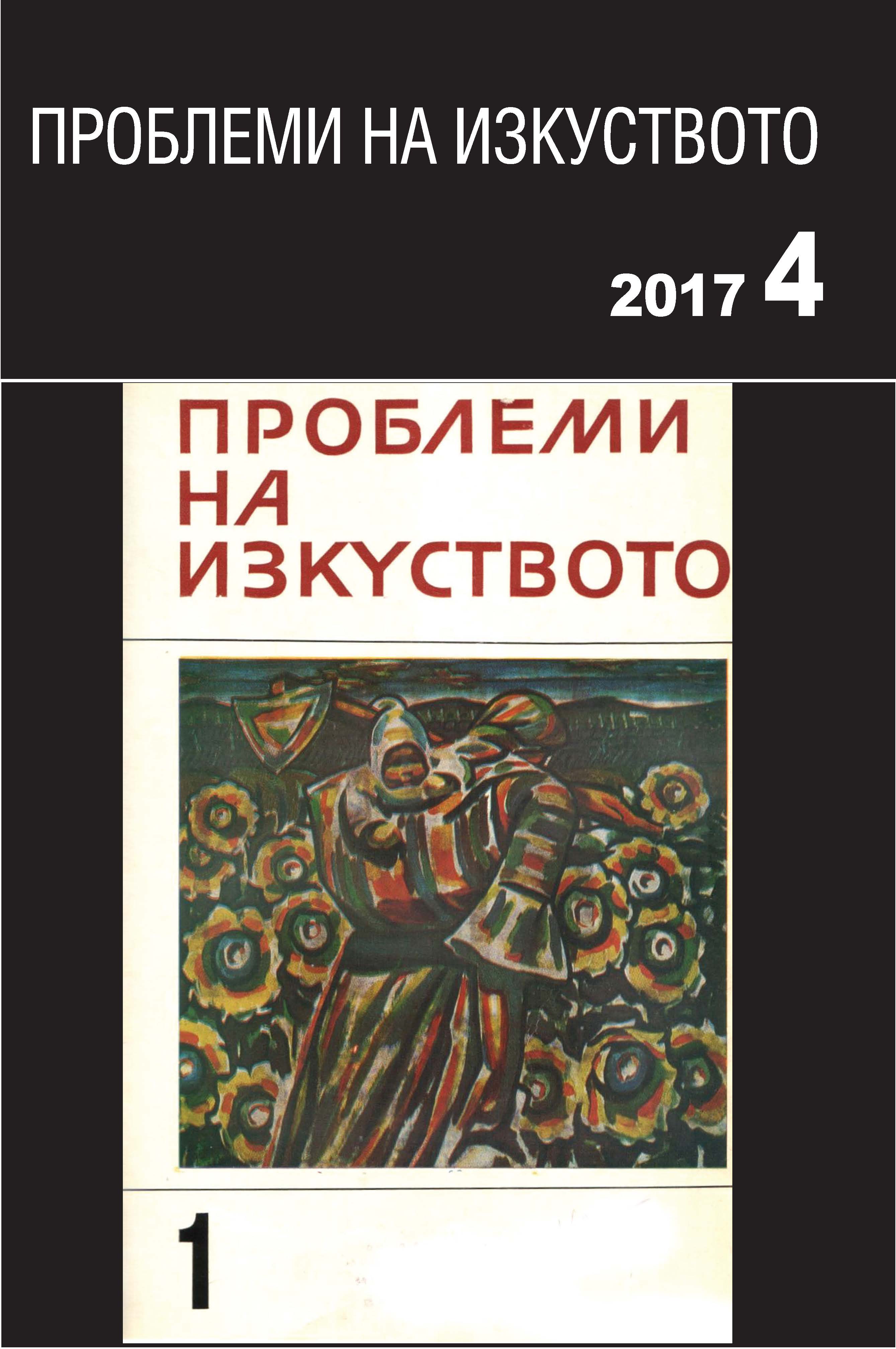За невъзможната дигитализация
For the impossible digitаlization
Author(s): Yosif AstrukovSubject(s): Fine Arts / Performing Arts, Photography, Film / Cinema / Cinematography
Published by: Институт за изследване на изкуствата, Българска академия на науките
Summary/Abstract: Digitalization is one of the most common topics, discussed by different authors the past decade. Since the beginning, the digital process came across a specific problem of transfer, from analogue to digital form, which is common for all arts. At first it looked as the digital is the ultimate future, and all we have to do is to digitalize all old masterpieces and art works in general. Slowly, as the technology improved, we understood that there are several major problems. The first is that there is no ideal way of digitalizing an art work, in a way that it is fully and a hundred percent transferred and preserved the same – all kinds of digitalization inevitably influence the original work of art. Secondary the technology changes rapidly and every time the analogue source must be digitalized again. The following paper is concentrated mainly on photography and cinema, and occasionally in other arts. It looks and analyses the different kind of digitalization processes, mainly through my own photography experience, but also mentioning and giving the results of other researches like Guy Burns and his “The Art and Science of Reproducing Kodachrome”. All the results are compared and carefully analysed – the classical flatbed scanners, specialized film scanners, the photo lab machines and the duplicating principle of DSLR. As photography deals with quite many techniques and variety of forms, not all digitalizing ways are applicable for every source. Despite that, they all show without any doubt that the art works change when digitalized. Even more – there are certain art works that particularly could not be digitalized, at least with satisfying results. That is the reason to call it impossible digitalization. Although it is more accurate to say that digitalization has infinite options possible. And when distributing the result, there are even more variety of reproducing the image, which are totally out of control of the author. The digitalization today is unavoidable, but still we have to have in mind that relativity.
Journal: Проблеми на изкуството
- Issue Year: 2017
- Issue No: 4
- Page Range: 3-8
- Page Count: 6
- Language: Bulgarian
- Content File-PDF

